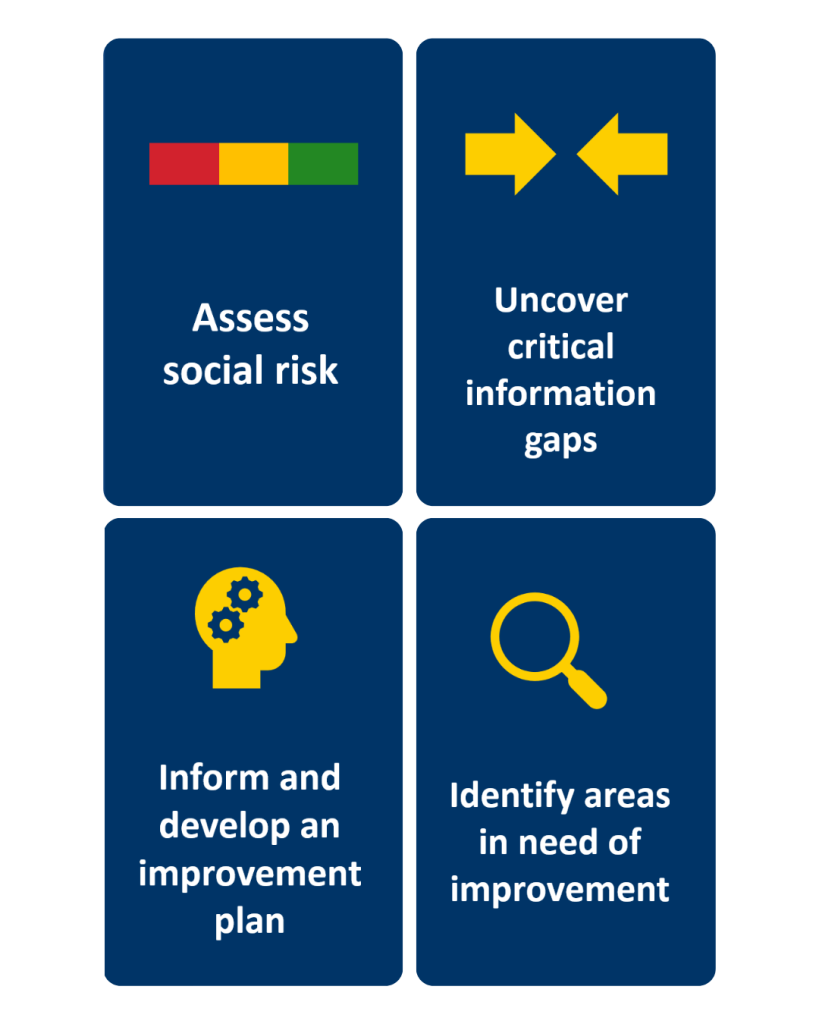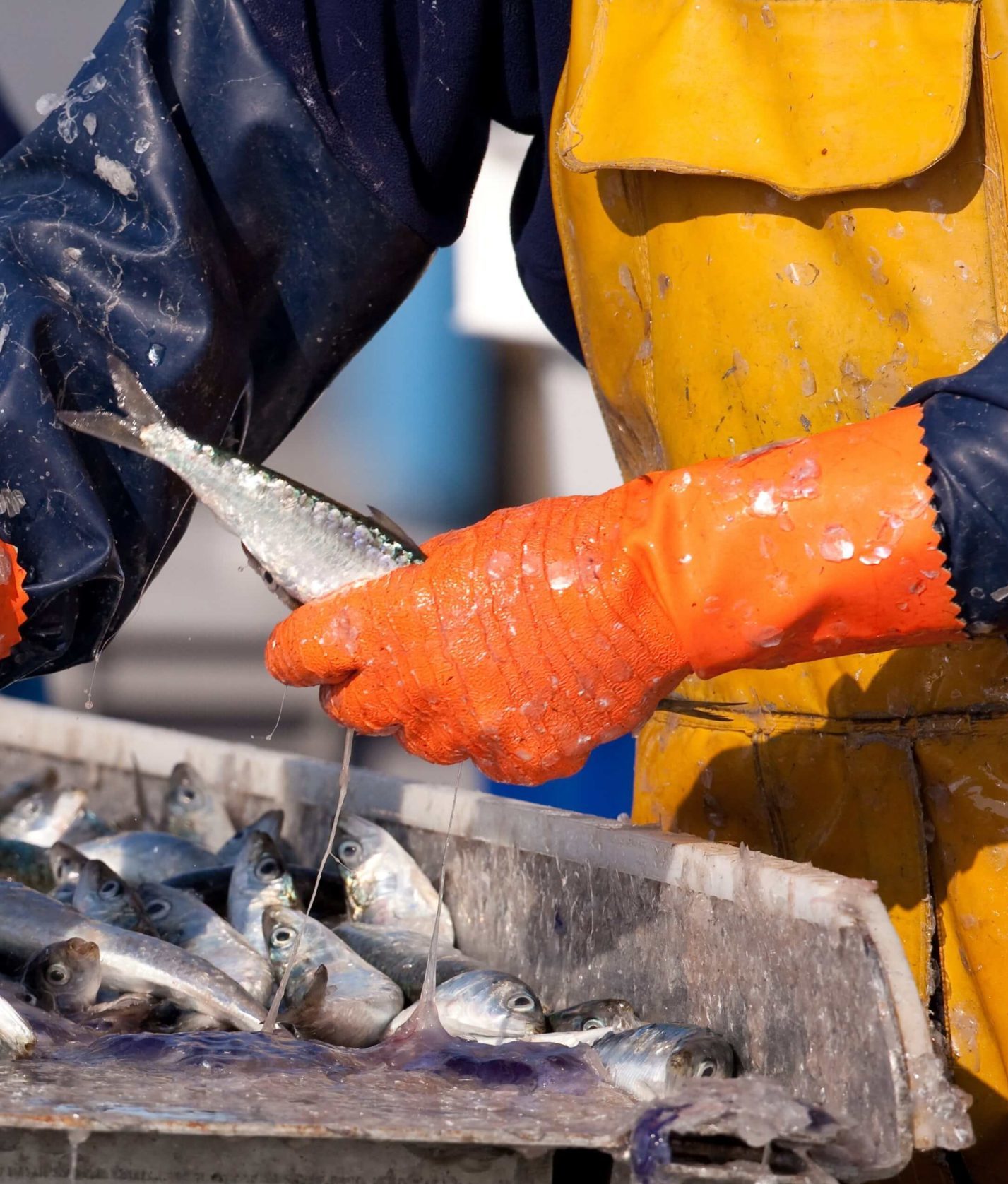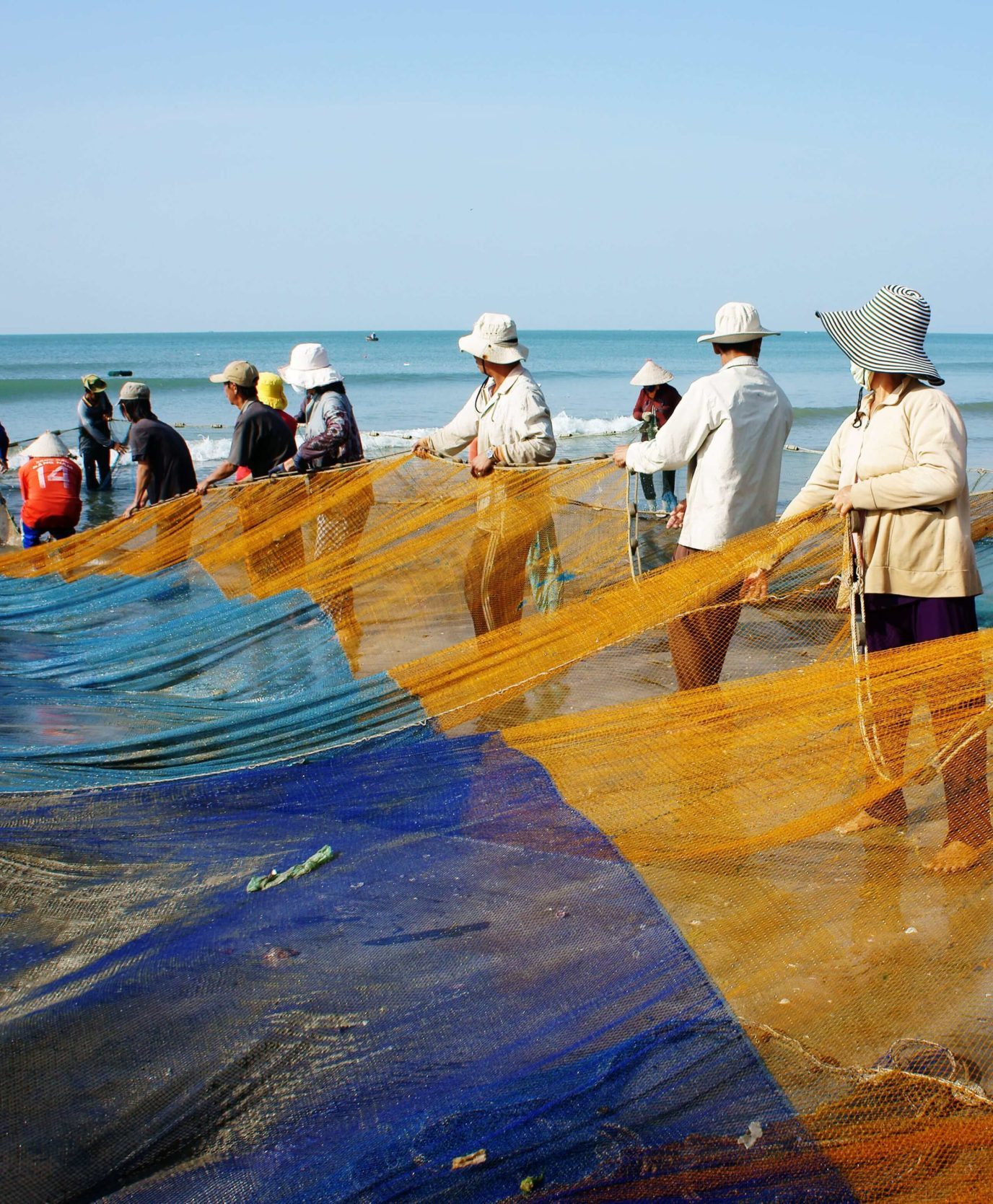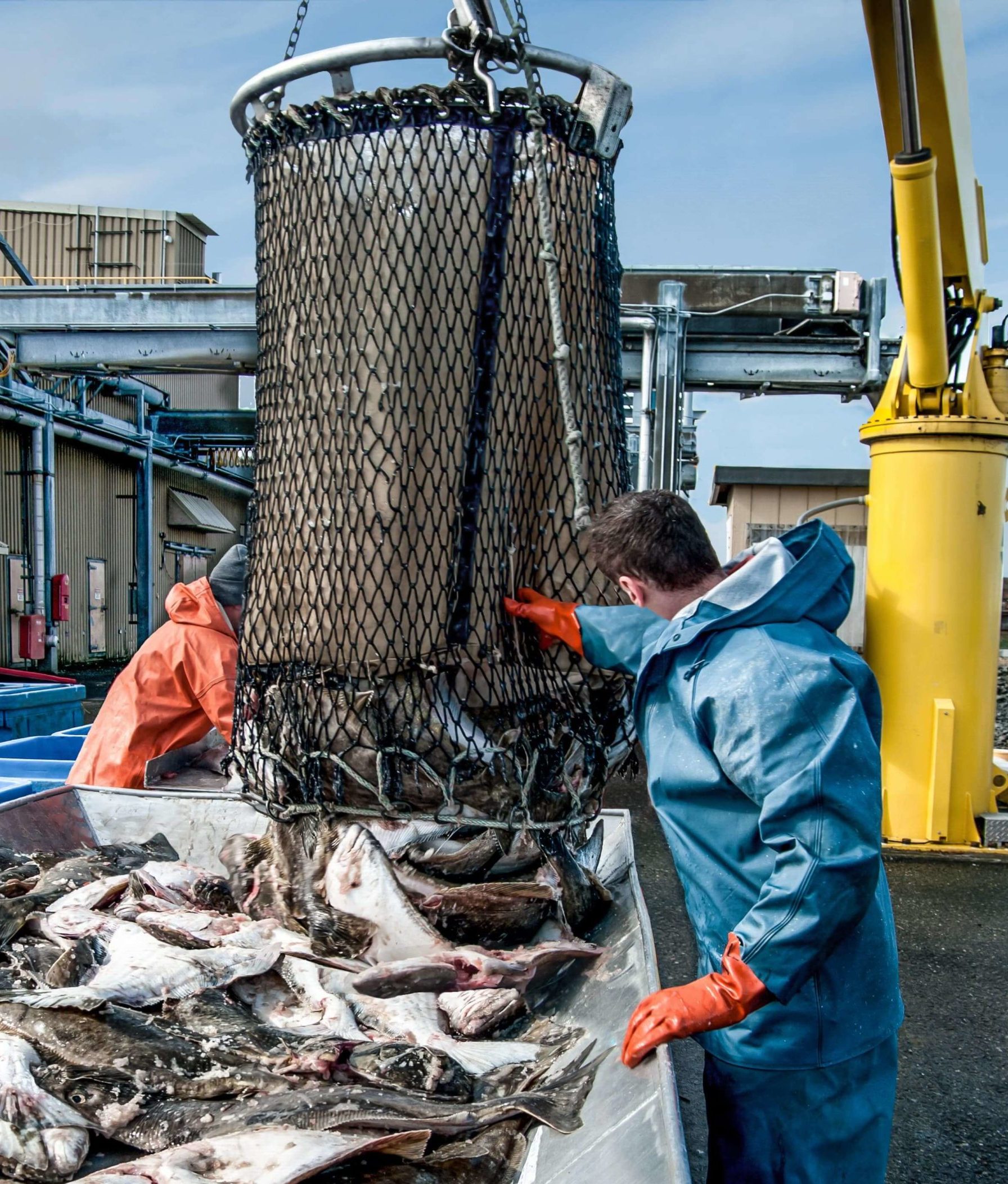Getting Started with RISE
Whether you’re a brand, processor, or supplier, the RISE platform is built to support stronger human rights outcomes in seafood supply chains with actionable guidance and practical tools. The Roadmap is the core of RISE—it translates the principles of human rights due diligence (HRDD) into practical steps that you can apply at any stage of your journey.
RISE Roadmap
You cannot establish a socially responsible seafood supply chain using only a check-the-box compliance program. The global seafood industry is too varied, complex, and nuanced. At its core, this work is about humans and the human experience. It requires meaningful human interaction in order to get results. The RISE Roadmap offers six simple steps to help you begin, expand, or improve your current social responsibility practices.
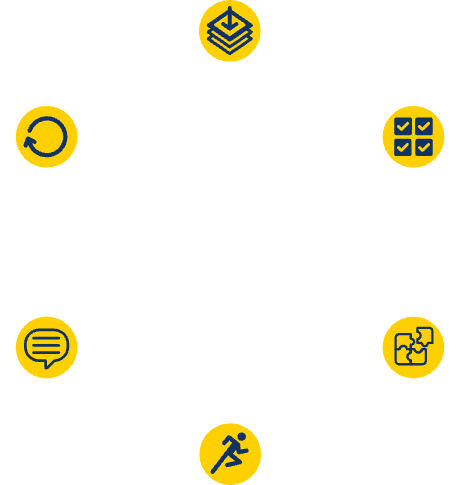
How to Use RISE
Step 1
Familiarize yourself with human rights due diligence in the seafood supply chain, common pitfalls to avoid, and how to establish an effective program. The Human Rights Due Diligence Fundamentals for Impactful Implementation in Seafood report by FishWise is a great place to start building your knowledge and skills.
Step 2
Take this Self Assessment to pinpoint key considerations based on your company’s initiatives and readiness. Following the Self Assessment, you will receive customized recommendations and additional resources to help you think about your company’s human rights due diligence.
Step 3
Evaluate where you sit in the supply chain, since your risks and opportunities for impact will depend on your specific role in the supply chain. The link below will walk you through your most essential Roadmap actions.
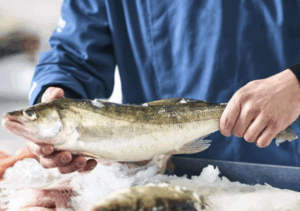
Retailers and brands have an important leadership and norm-setting role that benefits their own business and cascades responsible practices throughout the supply chain.
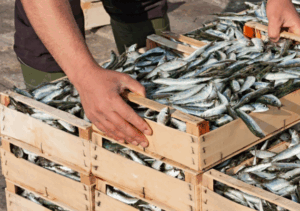
Given suppliers’ unique access to operations throughout the supply chain, they can have a critical influence on the implementation of best practices across the industry.
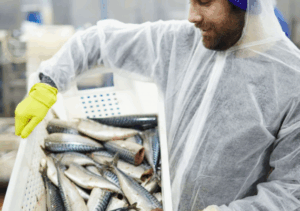
Because of the large workforces typically employed in these facilities, processors can have an outsized impact on human rights and labor conditions.
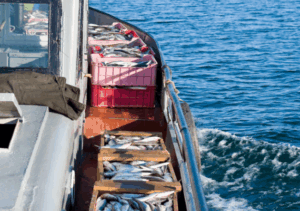
Because producers bring seafood into a supply chain, their good practices play a fundamental role in improving working conditions and upholding a socially responsible seafood industry.
Step 4
Use the RISE e-learns for more guidance. These e-learns will give you tips on how to effectively navigate the RISE Roadmap, more information on human rights due diligence, and where to start.
Step 5
Now that you have oriented yourself to some of the basics of human rights due diligence and had an initial look at your company’s high-level opportunities and risks, it is a good time to dive into the full Roadmap to prepare you for the work ahead. The Roadmap is designed to provide you with direct, actionable information no matter the maturity of your human rights due diligence program.

Step 6
Explore our Special Topics section. See what sparks your interest. Continue to build your knowledge in areas relevant to your specific supply chain issues.
Step 7
As you move through the RISE steps, you will see that meaningful human rights due diligence cannot be achieved without fully understanding the local context, and that is best done through collaboration. RISE’s Community page can help you find local partner(s) to support your work. Leverage Resource Library to find additional tools and resources.
Step 8
Ask questions! Contact us at rise@fishwise.org.
RISE Foundations
RISE is built on three foundations that are essential to any impactful human rights program. These core factors help you identify, prevent, mitigate, and account for your company’s adverse human rights impacts. They maximize value for everyone in your supply chain. As you craft your human rights due diligence processes, make sure these are the foundations of your program:
RISE Hosts the Social Responsibility Assessment
Risk assessment or benchmarking to assess human and labor rights risks is an essential part of the human rights due diligence approach. That is why we partner with LRQA and Conservation International to host the Social Responsibility Assessment Tool for the Seafood Sector (SRA) on the RISE platform. The SRA is one of the most critical tools in the Collect & Assess step of the Roadmap.
